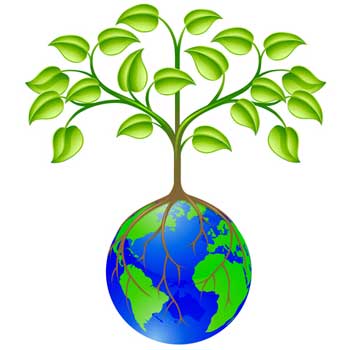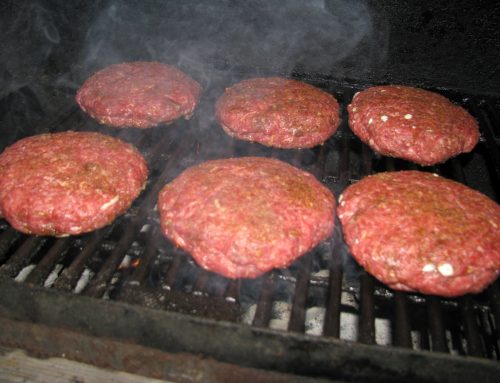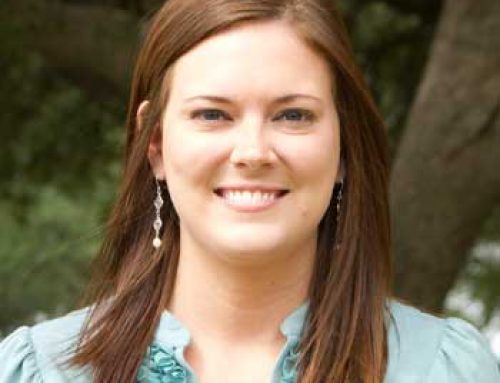By Amanda Hill
Greetings, Earthlings! April is Earth Month, and on Monday, we’ll celebrate Earth Day. In honor of Earth Month, Texas-based Whole Foods Market is running a campaign called “Welcome home, Earthlings.” During the month of April, Whole Foods is talking with its customers and others on the web about food and the environment using the hashtag #WFMearthling.
Whole Foods says an Earthling is someone who is inspired by the bounty of the earth, someone who cares about both their food and their environment.
I’ve really enjoyed reading some of the responses. Customers have shared ways they conserve food, water and energy around their homes—all of which are important. They’re talking about decisions we make as “Earthlings” and how they affect the world around us.
What leaves me a little confused, though, are some of the tweets that suggest conventional food and farming are bad for the environment. In fact, the Texas farmers I know use modern techniques to significantly reduce the amount of pesticides needed, water used and land required to grow enough food to feed us all. Sustainability is an important part of their businesses.
Some tweets claim organic food is safer and better for the environment. Others suggest local food is the way to go. I guess that depends on your definition of “safer,” “better” and “way to go.” Organic crops require much more land but produce much less volume than conventional crops. Fewer crops equal less food—which makes it hard to feed an exploding world population.
As for local food, that’s a hard definition to pin-point. Many locavores prefer to buy food that’s grown within 100-150 miles of the market. Whole Foods defines local as anything driven within 7 hours of a store (about a 500-mile radius). The definition is a moving target.
There’s an interesting conversation started, and I hope we’ll all take time this month to consider our own environmental stewardship. But please, before jumping to any generalities, seek out the facts about modern agriculture. I know many farmers are ready and willing to talk about how they care for their land and grow food in a responsible way.
If you’re interested in talking about food and the environment, leave a comment below and join the Whole Foods Twitter conversation using the hashtag #WFMearthling.











Leave A Comment